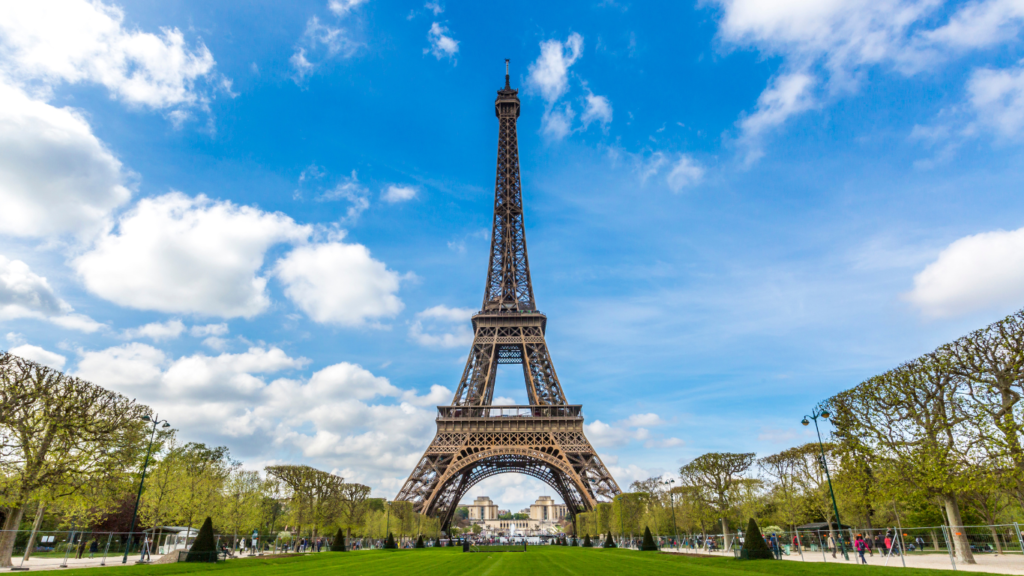Surrogacy Insights
The Bioethics Act of 1994 banned surrogacy, deeming it to violate the dignity of the unborn child. The government of France continues to affirm its stance to uphold this prohibition, with Health Minister Agnes Buzyn highlighting concerns about the commercialization of women’s bodies as a key reason. However, recent developments have shed light on the complexities surrounding parental rights for children born through surrogacy abroad.
In a significant turn, some members of the ruling Republic on the Move (LaREM) party voted in favor of an amendment recognizing children born via surrogacy in countries where it is legal, amidst deliberations on the bioethics bill. LaREM MP Jean-Louis Touraine, author of the amendment, emphasized the paramount importance of prioritizing the rights of the child in such cases.
Parental Rights in France for Children Born via Surrogacy
The case of Dominique and Sylvie Mennesson illustrates the legal struggles that families in France face when choosing surrogacy abroad. Unable to conceive naturally, the Mennessons opted for surrogacy in the United States, where it is legal. However, their efforts to have their twins, Valentina and Fiorella, recognized in France’s register of births encountered legal obstacles, leading to over a decade of court battles.
In the European Union, each country sets its own laws and regulations for families. When family law issues cross borders and affect multiple EU countries, the EU can make rules to handle these cross-border situations.
In 2014, the European Court of Human Rights found that France’s refusal to acknowledge the details of the twins’ US birth certificates infringed upon their right to privacy, as stipulated in Article 8 of the European Convention on Human Rights. This denial of recognition as French citizens not only deprived them of the rights afforded to other nationals but also relegated them to the fringes of French society, forever excluded from fully experiencing the essence of being French. This significant ruling spurred France to amend its legislation, recognizing parental bonds formed through surrogacy arrangements abroad. Consequently, in instances where a child is born via surrogacy in another country, both the biological parents and the other parent can now be listed on the birth certificate, provided it complies with relevant local laws.
Recognition of Gay Parenting Rights
In May 2017, the French highest court granted new rights to gay parents who pursued surrogacy abroad, allowing both the biological parent and their partner to be listed on the child’s birth certificate. This decision marks a departure from France’s traditional stance and provides clarity for same-sex couples opting for surrogacy overseas.
While surrogacy remains illegal in France, these legal developments underscore the need for nuanced approaches to parental rights and recognition. The journey toward legal clarity and inclusivity for families built through surrogacy continues to unfold, with each ruling shaping the landscape of family law in France.

Future Legal Developments
- At present, there is no available information regarding any forthcoming legislation.



